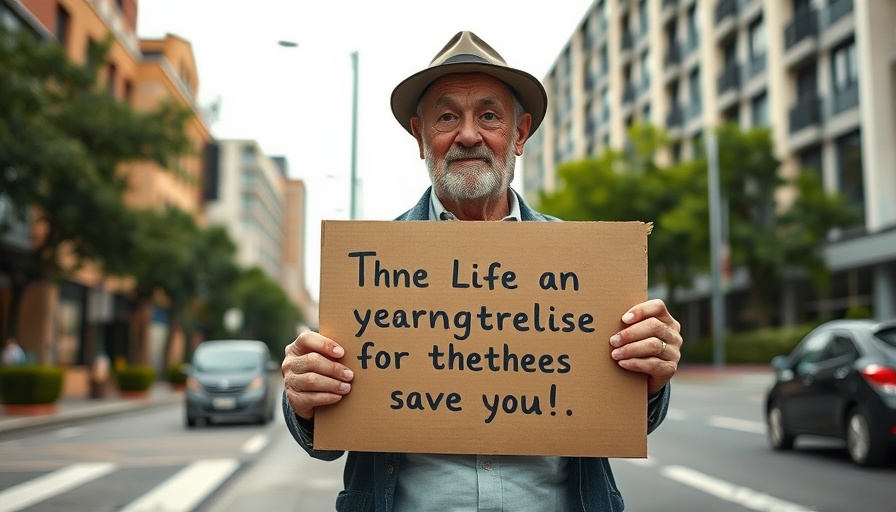
The Fractured Landscape of Ceasefire Negotiations
As global tensions mount over the ongoing conflict in Gaza, the latest developments have taken a critical turn. The U.S. has abruptly cut short ceasefire talks with Hamas, attributing the decision to what it describes as the militant group's apparent lack of willingness to negotiate. Special envoy Steve Witkoff announced that the U.S. is withdrawing its negotiations team from Qatar for further consultations, escalating the urgency of the crisis.
Hamas's position remains firm: they demand a complete Israeli withdrawal and an end to the war in exchange for the release of all hostages. Conversely, Israel insists it will not cease hostilities until Hamas disarms its forces. This clash of demands has left diplomatic efforts in a stalemate, raising questions about the future of peace in the region.
A Humanitarian Crisis Unfolding
The humanitarian situation in Gaza is dire. Reports indicate that more than 59,000 Palestinians have died since the onset of Israel’s military actions, a figure that includes a significant number of women and children. With limited food and medical supplies entering Gaza, the United Nations has called the conditions critical, identifying that a large portion of the population is now living in conditions akin to famine.
In a joint statement, leading news organizations have underscored the severe restrictions placed on journalists in Gaza, many of whom are facing starvation themselves. The call for action emphasizes the necessity for Israel to allow adequate humanitarian aid into the region and grant journalists the freedom to operate. Transparency in war coverage is crucial for fostering informed global discussions.
Global Reactions to Ceasefire Failures
Amidst these growing tensions, international leaders are weighing their responses. Recently, French President Emmanuel Macron proposed recognizing a Palestinian state as a means to de-escalate tensions. However, both Israeli President Benjamin Netanyahu and U.S. Secretary of State Marco Rubio have rejected this plan, arguing it could empower Hamas and pose further threats to Israel’s security.
Netanyahu’s statement reflects a sentiment shared by many in Israel: “Such a move rewards terror and risks creating another Iranian proxy, just as Gaza became.” This perspective highlights the complex interplay of politics and security, wherein any steps toward recognition of Palestinian sovereignty are met with significant skepticism.
Public Sentiment and Activism
Public response to the ongoing conflict has also manifested in protests within Israel. Activists have taken to the streets of Tel Aviv, voicing their opposition to military actions and advocating for humanitarian aid to Palestinians. These demonstrations signal a divided public opinion regarding the government's approach to the Gaza crisis.
With families torn apart and communities devastated by violence, the emotional toll of war weighs heavily on both sides of the conflict. Emotional appeals and grassroots activism are rising, emphasizing the need for dialogue and a humanitarian focus amidst the political fray.
Future Predictions for the Region
The immediate future remains uncertain as the ceasefire talks falter. Analysts predict that unless both parties address their core grievances, and external nations engage constructively in the negotiation process, the cycle of violence is likely to continue. The threat of further escalations looms large, potentially leading to wider regional instability.
Communities globally must recognize the implications of the ongoing crisis—not only as tragedy but as a call for human empathy and understanding. The possibility of durable peace hinges on nuanced discussions and sincere commitments to humanitarian principles. In this complex global tapestry, every voice counts.
Your Role in the Conversation
As local residents, parents, and families in Central Florida, it’s crucial to reflect on how these global occurrences shape our world. Engage with local community groups, participate in discussions, and advocate for humanitarian efforts. Understanding the dynamics of global conflicts allows us to foster compassion and inspire action within our communities.
In these challenging times, staying informed and participating in dialogues about international crises is imperative. Explore local news sources and engage in actionable advocacy in support of humanitarian relief efforts.
 Add Row
Add Row  Add
Add 




Write A Comment